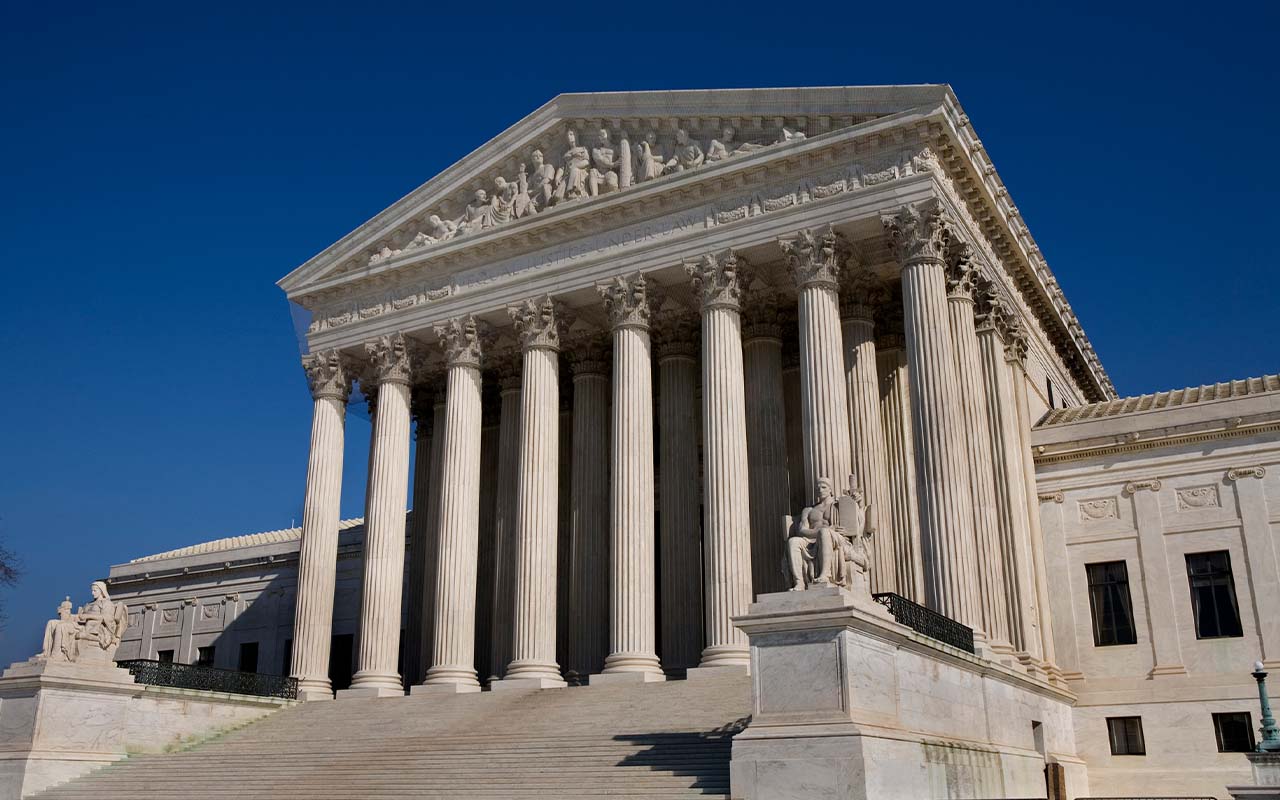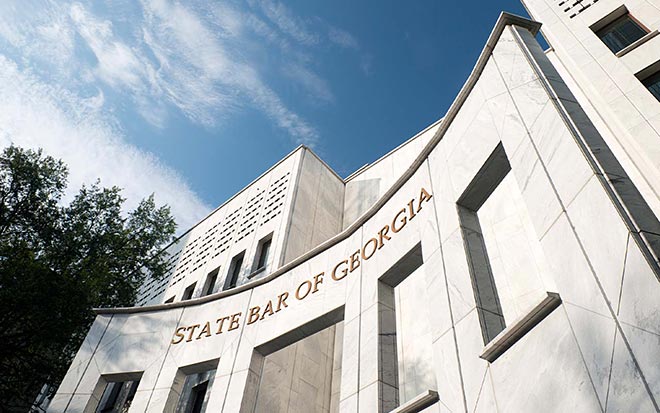April 16, 2025
Supreme Court Limits Trustee Avoidance Powers in U.S. v. Miller
Section 106(a) Doesn’t Waive Sovereign Immunity for State-Law-Based Section 544(b) Claims
The U.S. Supreme Court has significantly curtailed bankruptcy trustees’ powers in United States v. Miller, 145 S. Ct. 839 (2025). In an 8–1 decision, the Court held that the federal government’s sovereign immunity is not waived under Section 106(a) for state-law-based avoidance actions brought under Section 544(b) of the Bankruptcy Code.
This ruling reshapes how trustees can pursue recovery of fraudulent transfers involving the federal government.
Case Background
All Resort Group, a Utah-based company, used roughly $145,000 of its funds to pay off its shareholders’ personal federal tax liabilities. After the company filed for bankruptcy, trustee David Miller sought to recover those payments under Section 544(b), relying on Utah’s Uniform Fraudulent Transfer Act.
Miller argued that the transfers were avoidable because an unsecured creditor could have challenged them under state law. The lower courts agreed, ruling that Section 106(a) waived sovereign immunity for such claims—even when based on state law.
The Supreme Court’s Ruling
The Supreme Court reversed the lower courts’ decisions. Justice Ketanji Brown Jackson, writing for the majority, emphasized:
“Section 544(b) allows trustees to assert only the rights of an actual creditor under applicable law. If no such creditor could sue the government outside of bankruptcy due to sovereign immunity, neither can the trustee.”
The Court stressed that sovereign immunity waivers must be “unequivocally expressed” in the statutory text—and found no such clarity in state-law-based claims embedded in section 544(b).
Notably:
- The Court did not reference its 2023 decision in Lac du Flambeau Band of Lake Superior Chippewa Indians v. Coughlin, 599 U.S. 382 (2023), which the Tenth Circuit in Miller had heavily relied upon.
The ruling diverged from the majority of lower court decisions on this issue. See In re DBSI, Inc., 869 F.3d 1004 (9th Cir. 2017); Cook v. U.S. (In re Yahweh Center Inc.), 27 F.4th 960 (4th Cir. 2022).
The Dissent: Gorsuch’s Take
Justice Neil Gorsuch dissented, arguing that the majority unnecessarily restricts trustees' recovery powers and misinterprets the structure of section 106(a):
“Whether pursued by a private creditor or a trustee, the claim is substantively the same. Sovereign immunity should not insulate the government from valid fraudulent transfer claims.”
He argued that Congress had intended a broader waiver of sovereign immunity in bankruptcy contexts.
What This Means for Trustees and Practitioners
This decision creates a clear limitation on how trustees can pursue avoidance actions against the federal government:
- Trustees can still bring actions under federal provisions where sovereign immunity is clearly waived.
- Trustees cannot rely on state law theories under section 544(b) when no unsecured creditor could bring that same claim outside of bankruptcy.
Key Takeaways
- Miller narrows the tools available to bankruptcy trustees when attempting to recover assets transferred to the federal government.
- Sovereign immunity waivers must be explicit.
- Section 106(a) doesn’t extend to state-law-based claims incorporated via section 544(b).
- Trustees must evaluate creditor rights under non-bankruptcy law before pursuing claims against the government.
Related Reading
- IRS Has Daunting Task in Supreme Court Bankruptcy Clawback Case, Bloomberg Law
- United States v. Miller Oral Argument: Supreme Court Justices Seem Divided on Issues of Allowing a Trustee to Sue the IRS for Fraudulent Transfers
Stay Informed
Want updates on bankruptcy law and major court rulings? Subscribe to the Red Zone or follow the author on LinkedIn.
Nelson Mullins attorneys are experienced in handling bankruptcy matters of all sizes and are well equipped to advise debtors, trustees, purchasers, professionals, and other stakeholders on both the legal and practical aspects of any number of issues that arise in a bankruptcy case, including issues arising in fraudulent transfer litigation and other adversary proceedings.
Established in 1897, Nelson Mullins is a full-service Am Law 100 firm of more than 1,000 attorneys, policy advisors, and professionals with offices across the United States. For more information, go to www.nelsonmullins.com.









